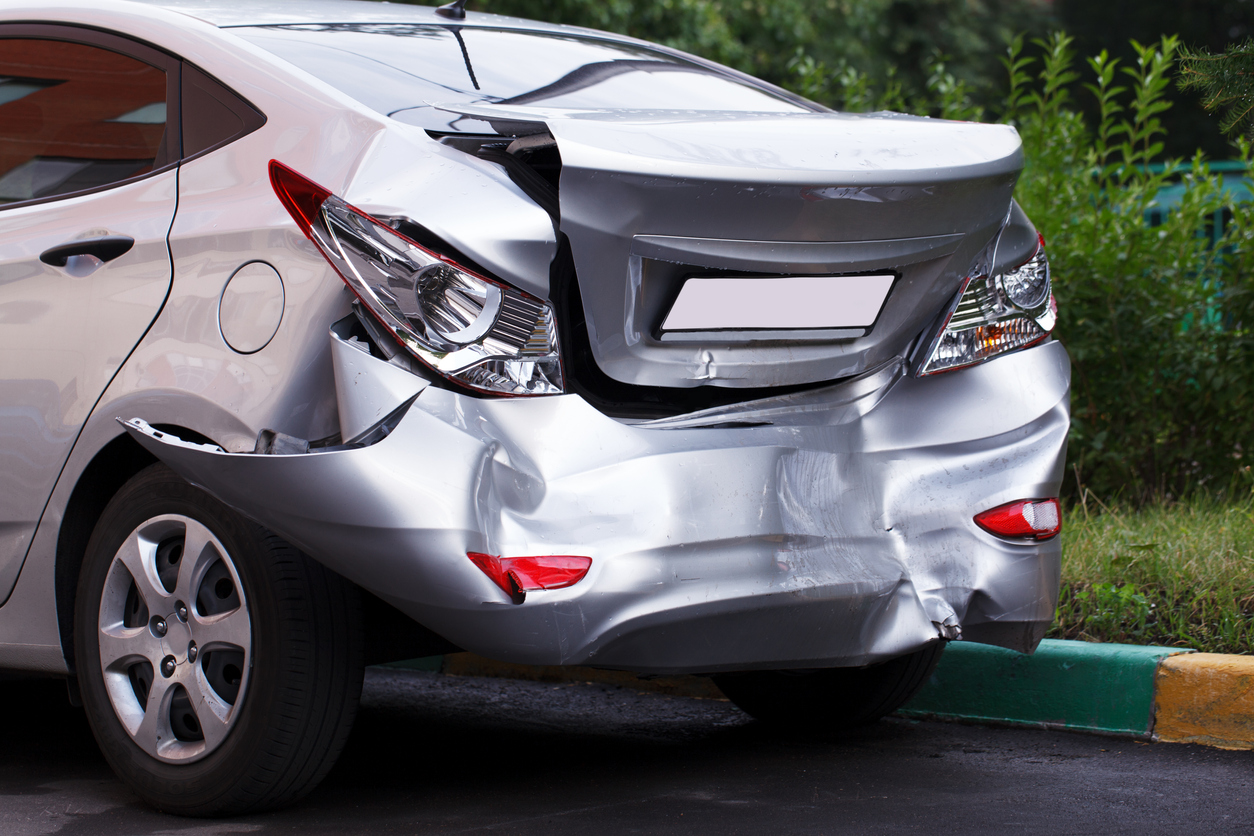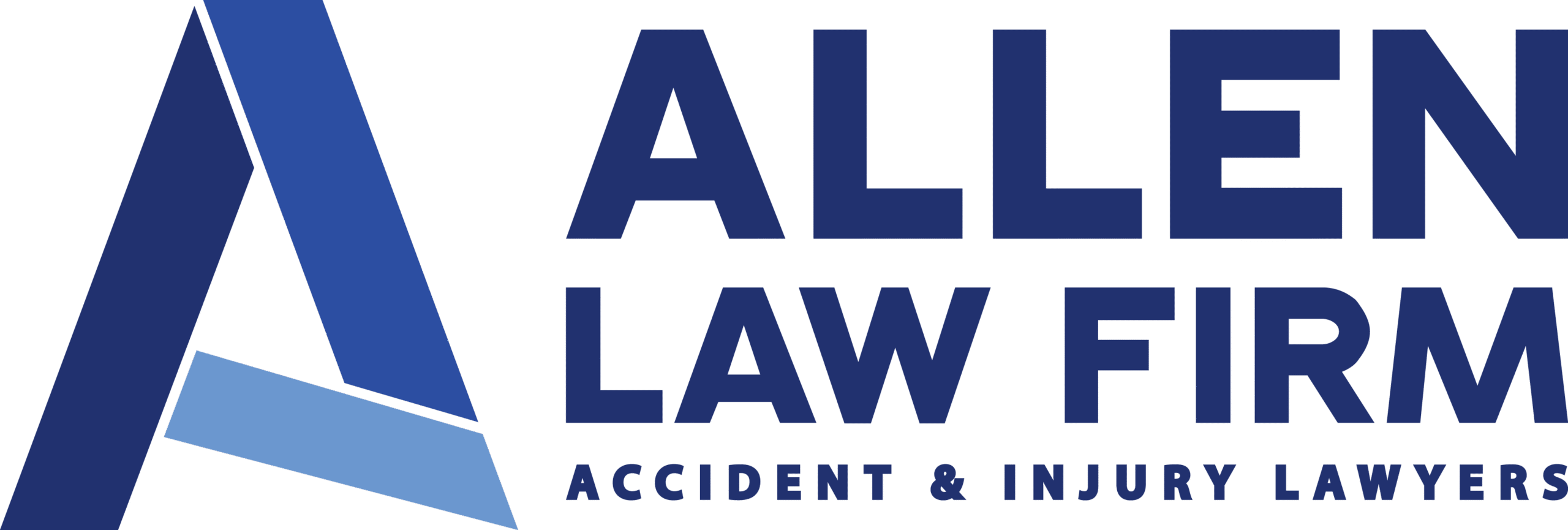Overcoming the Fear of Driving After a Car Crash
Bill Allen | August 21, 2023 | Car Accidents

Being in a car accident is a traumatic experience that sometimes leads a victim to develop a fear of cars. This can seriously disrupt their daily life and prevent them from completing necessary tasks, like commuting to work or driving to the store for groceries.
Fortunately, it’s possible for crash victims to overcome their anxiety after car accidents if they have access to the right resources.
A mixture of therapy, medication, and certain actions can set you on the path to overcoming a driving phobia that develops after a crash. But if getting professional help and missing work during recovery places a financial strain on your family, a car accident lawyer might be able to help you recover the compensation needed to help you heal.
How Common Is Anxiety After Car Accidents?
Studies have found that around 25% of people involved in car accidents develop a fear of driving as a result. Considering that the National Highway Traffic Safety Administration (NHTSA) reports anywhere between six and seven million accidents a year in the U.S., it’s easy to understand how millions of people experience a form of driving anxiety after a crash.
The first step to overcoming anxiety after car accidents is recognizing that it is both normal and treatable, in addition to understanding what vehophobia is and how it develops.
What Is Vehophobia?
Vehophobia is technically a form of post-traumatic stress disorder (PTSD), which itself can manifest anytime someone undergoes an experience that triggers feelings of powerlessness and a genuine fear of harm or death. PTSD can result from any number of traumatizing events, from warzone experiences to sexual assault. But when it is triggered by a car accident and results in a fear of driving, the resulting condition is called vehophobia.
Derived from the Latin “veho,” meaning “drive,” and the Greek “phobia,” or fear, “vehophobia” literally means “fear of driving.” Though it can take many forms, the most common presentation of the condition is a fear of driving that stems from being in a car accident.
However, it’s possible to develop vehophobia in other ways. Witnessing an accident or getting caught driving in dangerous conditions like a bad storm, for instance, are two ways in which a person might develop vehophobia without ever directly being involved in a crash.
Common Symptoms of Vehophobia
Given that vehophobia is a form of PTSD, its symptoms can range from person to person.
Nevertheless, some of the most common signs that indicate a person has developed vehophobia after a car crash include the following:
- Fear of driving or inability to drive
- Flashbacks
- Nightmares
- Insomnia
- Anxiety attacks
- Depression
Like all forms of PTSD, vehophobia is also often accompanied by an array of physical symptoms, especially when attempting to get behind the wheel again.
Common physical symptoms that indicate vehophobia are as follows:
- Shaking
- Tremors
- Sweating
- Increased heart rate
- Shallow, fast breathing
- Tense muscles
- Stomach or chest pain
- Nausea or vomiting
A driving phobia is a serious mental health condition that is capable of severely impacting a person’s mental and emotional well-being as well as their overall quality of life. If you think you or a loved one have developed vehophobia after a car crash, it’s important to seek out professional support so you can begin the healing process.
Healing From Phobia of Cars
Healing from a fear of driving is possible, but that doesn’t mean it’s a necessarily fast or easy process. Every person responds differently to mental health treatment, and PTSD, in particular, is a condition that can produce highly different timelines and results for the individual.
With that being said, the most effective way to overcome vehophobia is by consulting a mental health professional. With your therapist’s approval, there are also many small steps you can begin to take to overcome driving anxiety and get back on the road again.
Trauma Therapy
There’s no substitution for professional mental health support when it comes to healing from any form of PTSD. Trauma therapy is designed to help you gain a deeper understanding of how the accident has impacted all areas of your life.
You’ll develop an awareness of your natural coping mechanisms for dealing with the challenging thoughts and feelings triggered by the accident. Over time, therapy will guide you to reprocess the events of the accident in a way that helps you overcome the associated fear and gain a sense of wholeness and empowerment.
Medications
Anxiety medication can be a useful tool for temporarily dealing with the symptoms of PTSD. Medications can provide relief from physical symptoms and facilitate a sense of mental and emotional stability as you move through therapy and develop a deeper understanding of your fears and coping patterns.
Other Tips
Overcoming a fear of driving is something that happens over time, but there are many small steps you can take on the journey to once again becoming a confident driver.
Practical tips for overcoming a fear of driving include the following:
- Starting by sitting in a parked car or walking on the sidewalk near a busy street
- Practicing backing out and pulling into your driveway
- Practicing driving around an empty parking lot
- Taking a short drive on a side street with little traffic
- Asking a friend or loved one to sit in the passenger seat as you practice
- Joining a trauma support group
- Enrolling in a driver’s education class
These small steps can help you ease back into driving in low-stress situations. If you’re undergoing trauma therapy, you should check with your therapist before trying any of these tips.
Moving Beyond Vehophobia
Overcoming vehophobia takes time, and affording professional treatment can be a challenge, especially if your vehophobia has also had an impact on your income. Fortunately, you may be eligible for financial support.
A car accident lawyer might be able to help you bring a claim against the driver who caused the accident. A driver who causes a crash can be held responsible for paying for the damage. That includes therapist bills, lost income during recovery, and money for the emotional damage you experienced.
The emotional and financial impact of a car accident can be devastating, but knowing where to turn can point you in the direction that leads to healing.
Contact Our Gainesville Car Accident Law Firm in North Central Florida
If you need legal assistance, contact the Gainesville car accident lawyers at Allen Law Accident & Injury Lawyers at your nearest location to schedule a free consultation today.
We have three convenient locations in North Central Florida:
Allen Law Accident & Injury Lawyers – Gainesville office
2550 SW 76th St #150
Gainesville, FL 32608
(877) 255-3652
Allen Law Accident & Injury Lawyers – Downtown Gainesville
621 W University Ave
Gainesville, FL 32601
(866) 928-6292
Allen Law Accident & Injury Lawyers – Ocala Office
112 S Pine Ave
Ocala, FL 34471
(352) 351-3258

